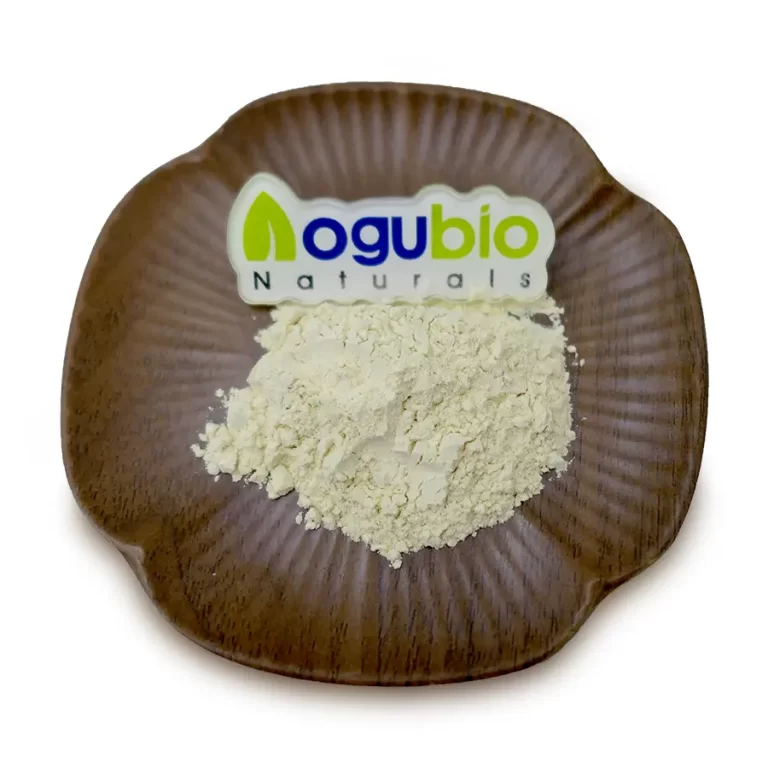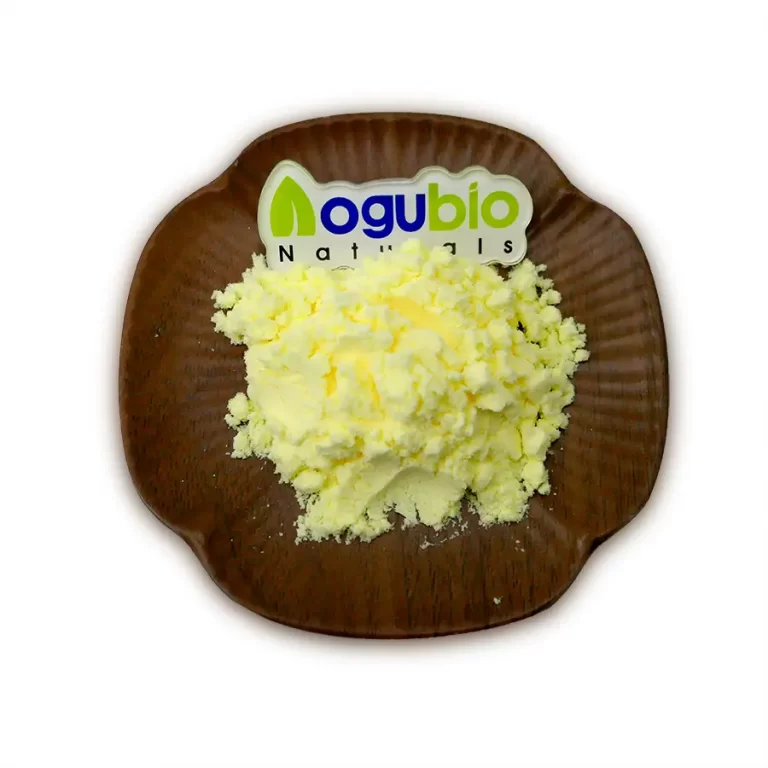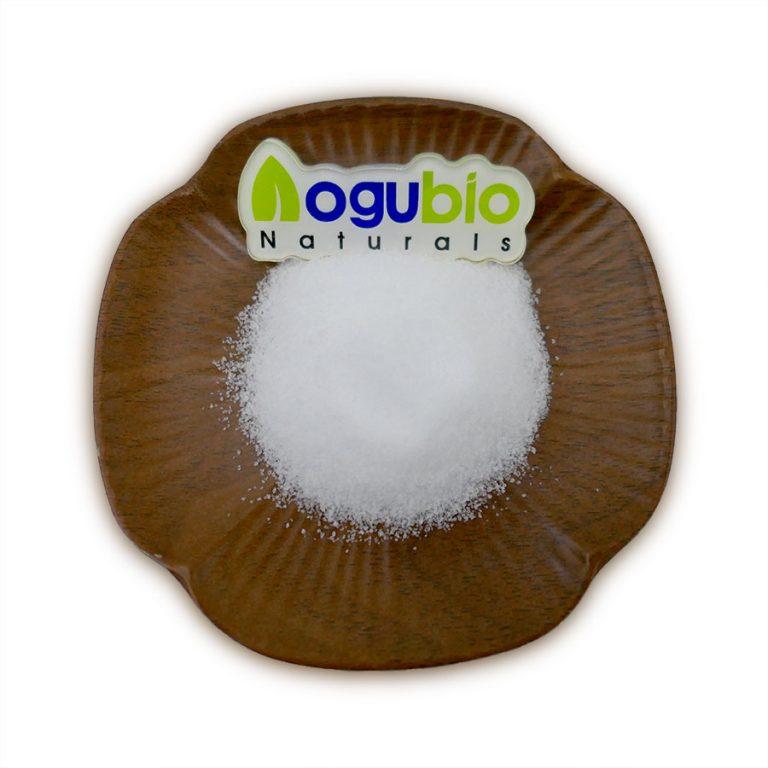Anti-aging and whitening products-Fish collagen
2018-08-10

What is Fish collagen?
Fish collagen is a complex structural protein that helps maintain the strength and flexibility of skin, ligaments, joints, bones, muscles, tendons, blood vessels, gums, eyes, nails and hair. ItŌĆÖs a type I collagen, which is the most abundant collagen in the human body. Type I is best known for providing the foundation for beautiful skin, strong connective tissues and sturdy bones.
Fish collagen peptides have very specific amino acid compositions with a high concentration of glycine, hydroxyproline and proline. When fish collagen is ingested, hydroxyproline peptides are not completely digested to free amino acids and can be detected in the blood. These hydroxyproline peptides stimulate cells in the skin, joints and bones, and lead to collagen synthesis through cell activation and growth.
The scales, skin, bones and fins of fresh or saltwater fish are used for the creation of fish collagen supplements. Since these parts are considered waste products during fish processing, using them to create other products helps reduce environmental pollution.

Fish Collagen Nutrition
The exact nutritional content of fish collagens varies. HereŌĆÖs an example of a 10-gram serving of hydrolyzed fish collagen, which contains about:
- 45 calories
- 9.4 grams protein
- 10 milligrams sodium
- 0.07 milligrams potassium
- 0.05 milligrams calcium
- 0.04 milligrams iron
Final Thoughts on Fish Collagen
- Fish collagen peptides are known to have the best absorption and bioavailability due to their smaller particle sizes compared to other animal collagens. TheyŌĆÖre absorbed up to 1.5 times more efficiently into the body.
- ItŌĆÖs considered the best collagen source for medicinal purposes and great for most diets, including the Paleo diet.
- ItŌĆÖs a type I collagen, which is the most abundant collagen in the human body. Type I is best known for providing the foundation for beautiful skin, strong connective tissues and sturdy bones.
- This collagen is a complex structural protein that helps maintain the strength and flexibility of skin, ligaments, joints, bones, muscles, tendons, blood vessels, gums, eyes, nails and hair.
- ItŌĆÖs been shown to fight aging, heal and regenerate bones, heal wounds, increase protein intake, and provide antibacterial abilities.
- ItŌĆÖs sourced from the scales, skin, bones and fins of fresh or saltwater fish.
Function and Application
(1) Fish Collagen can be used as healthy foods; it can prevent cardiovascular disease;
(2) Fish Collagen can serve as a calcium food;
(3) Fish Collagen can be used as food additives;
(4) Fish Collagen can be widely used in frozen food, beverages, dairy products, candy, cakes and so on;
(5) Fish Collagen can be used for special populations (Menopausal women);
(6) Fish Collagen can be used as food packaging materials
(7)Fish Collagen can be used as cosmetic additives it’s small molecular weight, absorbs easily. Contains a large number of hydrophilic groups, excellent moisture factors and balances the moisture of the skin, Helpful for get rid of color around eyes and acne, keep skin white and wet , relaxation and so on.








 Imaherb China manufacturer supply Apple Extract Powder
Imaherb China manufacturer supply Apple Extract Powder Imaherb China manufacturer supply Apigenin Powder 98%
Imaherb China manufacturer supply Apigenin Powder 98% Imaherb Factory supply Alpha Lipoic Acid Powder CAS 1077-28-7
Imaherb Factory supply Alpha Lipoic Acid Powder CAS 1077-28-7 Imaherb Factory supply Alpha GPC Powder CAS 28319-77-9
Imaherb Factory supply Alpha GPC Powder CAS 28319-77-9 Imaherb Factory supply Alliin Powder 98% CAS 556-27-4
Imaherb Factory supply Alliin Powder 98% CAS 556-27-4 skype
skype Sales Manager
Sales Manager Rebekah
Rebekah Rachel
Rachel Miranda
Miranda Camilla
Camilla
 Sales Manager
Sales Manager